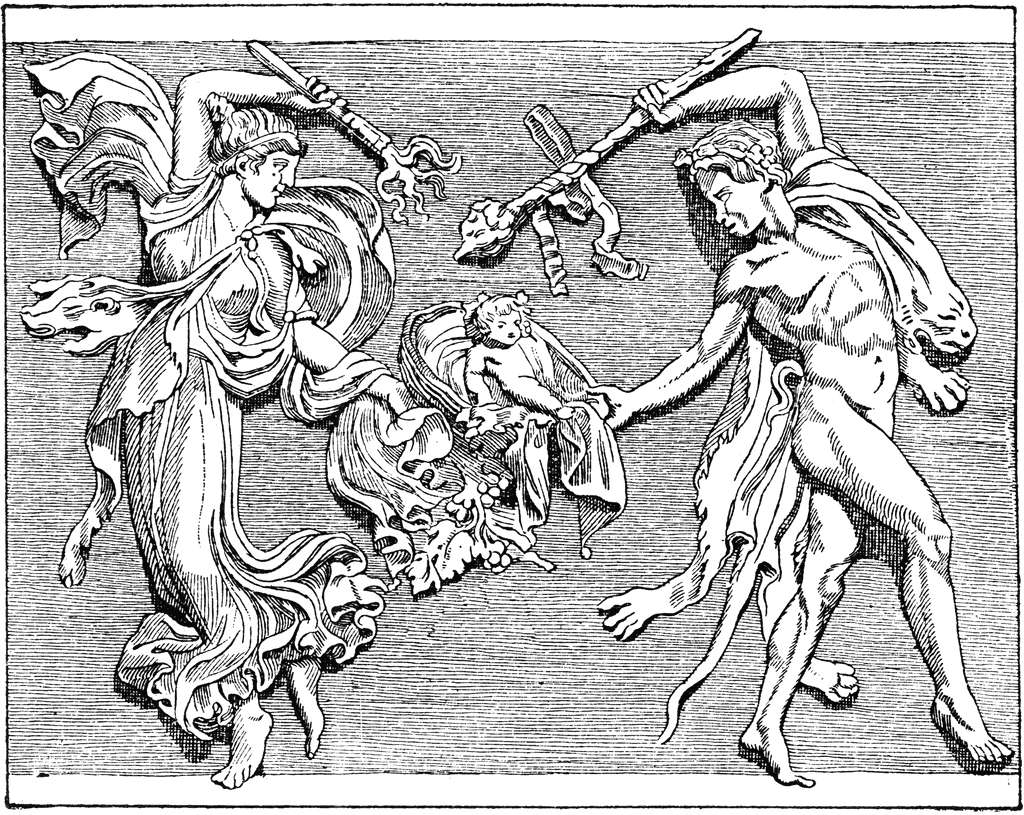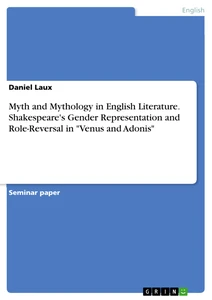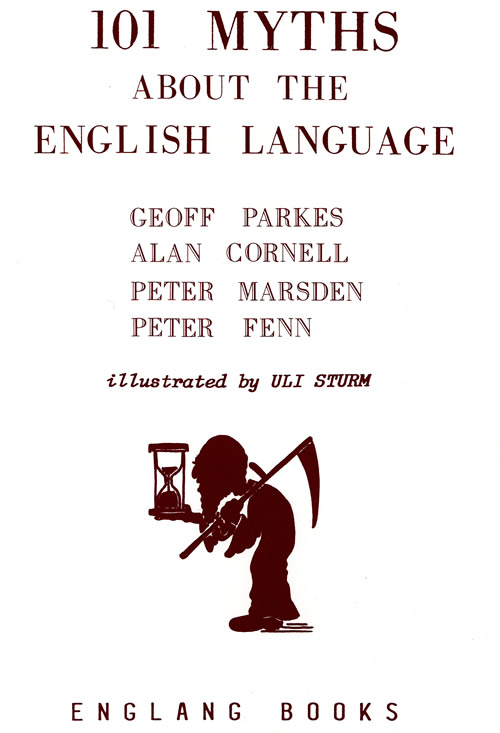
The bachelor of arts from George Mason University offers students the opportunity to study the following concentrations: English - Literature, English - Creative Writing, English - Film and media studies, English - Writing and rhetoric, English - Linguistics, English - Folklore and Mythology, and English - Cultural Studies. Fairy, also spelled faerie or faery, a mythical being of folklore and romance usually having magic powers and dwelling on earth in close relationship with humans. It can appear as a dwarf creature typically having green clothes and hair, living underground or in stone heaps, and characteristically exercising magic powers to benevolent ends; as a diminutive sprite commonly in the shape of a.

Copy Citation
Export Citation
With a personal account, you can read up to 100 articles each month for free.
Already have an account? Login
Monthly Plan
- Access everything in the JPASS collection
- Read the full-text of every article
- Download up to 10 article PDFs to save and keep
Yearly Plan
- Access everything in the JPASS collection
- Read the full-text of every article
- Download up to 120 article PDFs to save and keep


Purchase a PDF
Purchase this issue for $20.00 USD. Go to Table of Contents.
How does it work?

- Select a purchase option.
- Check out using a credit card or bank account with PayPal.
- Read your article online and download the PDF from your email or your account.
- Access supplemental materials and multimedia.
- Unlimited access to purchased articles.
- Ability to save and export citations.
- Custom alerts when new content is added.
Greek Mythology In English Literature
Proceed to CartIndiana University Press was founded in 1950 and is today recognized internationally as a leading academic publisher specializing in the humanities and social sciences. As an academic press, our mandate is to serve the world of scholarship and culture as a professional, not-for-profit publisher. We publish books and journals that will matter 20 or even a hundred years from now – titles that make a difference today and will live on into the future through their reverberations in the minds of teachers and writers.IU Press's major subject areas include African, African American, Asian, cultural, Jewish and Holocaust, Middle East, Russian and East European, and women's and gender studies; anthropology, film, history, bioethics, music, paleontology, philanthropy, philosophy, and religion. The Press also features an extensive regional publishing program under its Quarry Books imprint. It is one of the largest public university presses, as measured by titles and income level.

This item is part of JSTOR collection
For terms and use, please refer to our Terms and Conditions
Journal of the Folklore Institute © 1981 Indiana University Press
Request Permissions
Greek Mythology In English Literature
